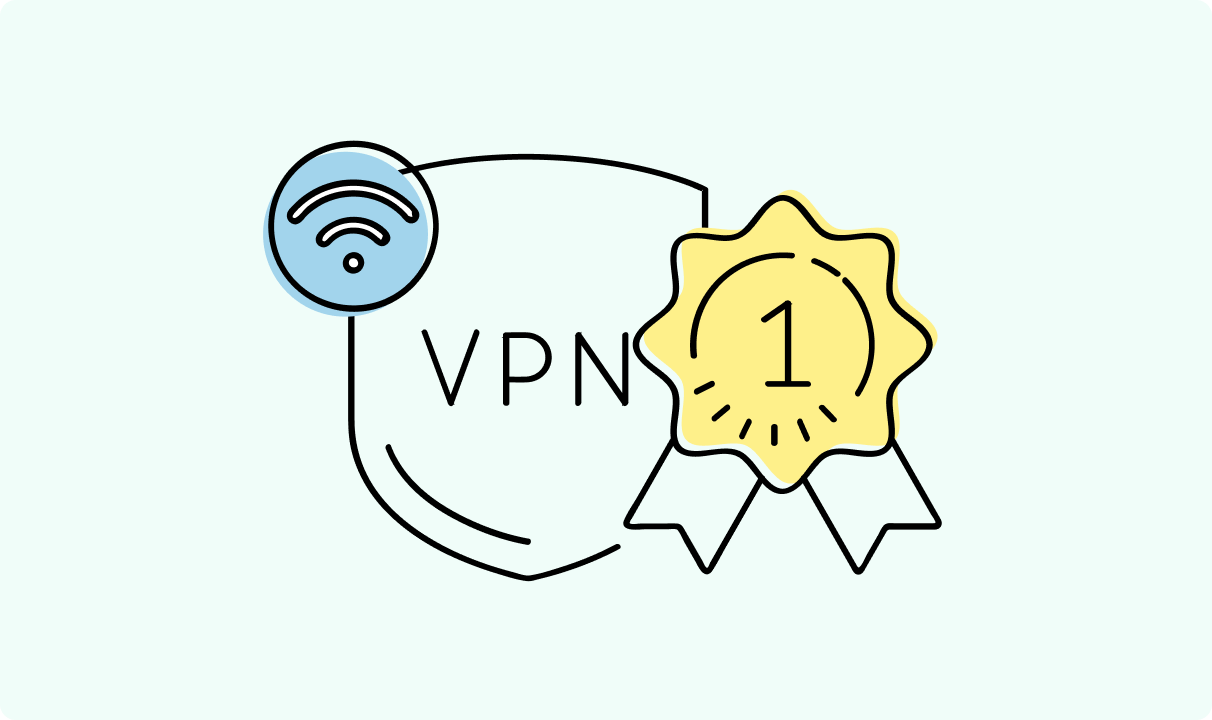CometVPN Blog
Best Residential VPN Providers in 2025
A Virtual Private Network (VPN) encrypts your traffic and hides your IP address. The way these functions are accomplished affects various aspects of your online privacy and security.
Here, we'll consider using residential IP addresses instead of those originating from a data center. A residential VPN has advantages compared to traditional ones, but there are some caveats.
It all boils down to residential VPN providers. The worst ones may even create more risks than benefits. We'll end this article with a list of the best residential VPN providers on the market.
4 min read

Choose Category
4 min read
DNS (Smart DNS) vs VPN: Key Differences and Benefits Explained
More than one tool can be fit to achieve the same task. Usually, it's best to choose the most universal one, but the simplicity of the alternative might be tempting. Such is the choice between a smart DNS and a VPN service.
Smart DNS is more of a quality-of-life improvement, allowing you to bypass the most basic blocks. A VPN server, on the other hand, is a full-fledged security and privacy solution for everything you do online.
Granted, smart DNS services still have their applications, and you might be tempted to use both. To learn how to wield is to understand their differences and benefits, which is exactly what this article will explain.
4 min read
How to Use VPN for TikTok: A Step-by-Step Guide
TikTok has been targeted by various countries and governments due to suspicions of data harvesting and user tracking. In some countries, the app is completely banned while others have placed restrictions for government workers.
If you live in one of the countries where TikTok has been restricted, there’s an easy way to avoid these bans – using a VPN. With a VPN, you can connect to a country where the TikTok app is completely free to use and you’ll be able to do so yourself.
6 min read
Password Entropy: Definition and How to Calculate It
Password entropy is a key concept for creating a strong password. Expressed in bits of entropy, it gives us an objective measurement of how difficult it is to crack, guess, or brute-force attack passwords.
We all know that strong passwords must be complex and include lots of special characters, numbers, lowercase, and uppercase letters. Understanding what password entropy is and how to calculate it helps create strong passwords you can remember but criminals struggle to crack.
4 min read
Ethernet vs Wi-Fi: Which One is Better?
Ethernet and Wi-Fi are the two main ways to connect your computer to the internet. While Wi-Fi has received significantly more attention in recent years, especially among consumers, due to its simplicity and flexibility, ethernet is still widely used in various other applications.
Even if Wi-Fi is significantly more popular, it isn’t strictly better. Both methods have their benefits and drawbacks. Wi-Fi’s popularity comes from its ease-of-use and flexibility, but an ethernet connection can be much more useful in certain scenarios.
6 min read
Understanding Threatware: Detection, Prevention, and Response
Threatware is an umbrella term that encompasses all types of malware, spyware, and other malicious programs. While it used to be only disruptive to regular operations, many new threatware programs also intend to steal information for monetary gain.
Current iterations of threatware can take many shapes and forms, from malicious websites that inject code to email attachments. Staying up to date with all of the newest developments in threatware is partly the job of cybersecurity professionals, however, everyone needs to know the basics.
5 min read
NFC Security: Risks and How to Protect Yourself
NFC (Near-Field Communication) is a short-range wireless technology that allows devices to transmit information over short distances (usually, a few to a dozen centimeters). NFC signals are widely used for small, quick operations such as contactless payments and access control.
It’s built upon the RFID technology and is intended to be more secure. However, NFC security isn’t foolproof either – there’s plenty of ways for various people to abuse the system. Since NFC signals are used for important operations (e.g., contactless payments), knowing how to avoid such situations is vital.